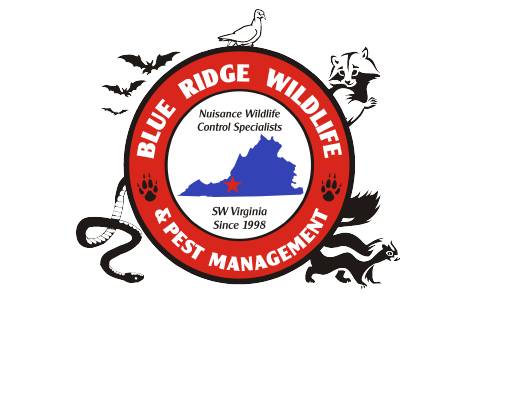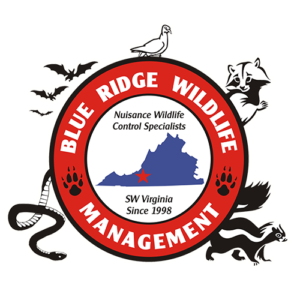What to Do If You Discover a Bird Nest
Tips for Protecting Nesting Birds
If you’re a nature lover, there’s nothing quite as exciting as discovering a bird’s nest in your backyard or garden. Whether it’s a robin’s nest perched on a low branch or a sparrow’s nest tucked away in a bush, bird nests are a sign of new life and renewal. However, if you do find a bird nest, it’s important to take steps to ensure the safety of the nesting birds. In this article, we’ll provide you with some tips on what to do if you discover a bird nest and how to protect these feathered friends.
Protecting bird nests is not only important for the survival of these beautiful creatures, but it also helps to maintain a healthy and balanced ecosystem. If you do come across a bird nest, be sure to take the necessary steps to ensure the safety of the nesting birds. By creating a safe habitat for these feathered friends, you can enjoy the beauty of birds and their nests in your backyard for years to come.
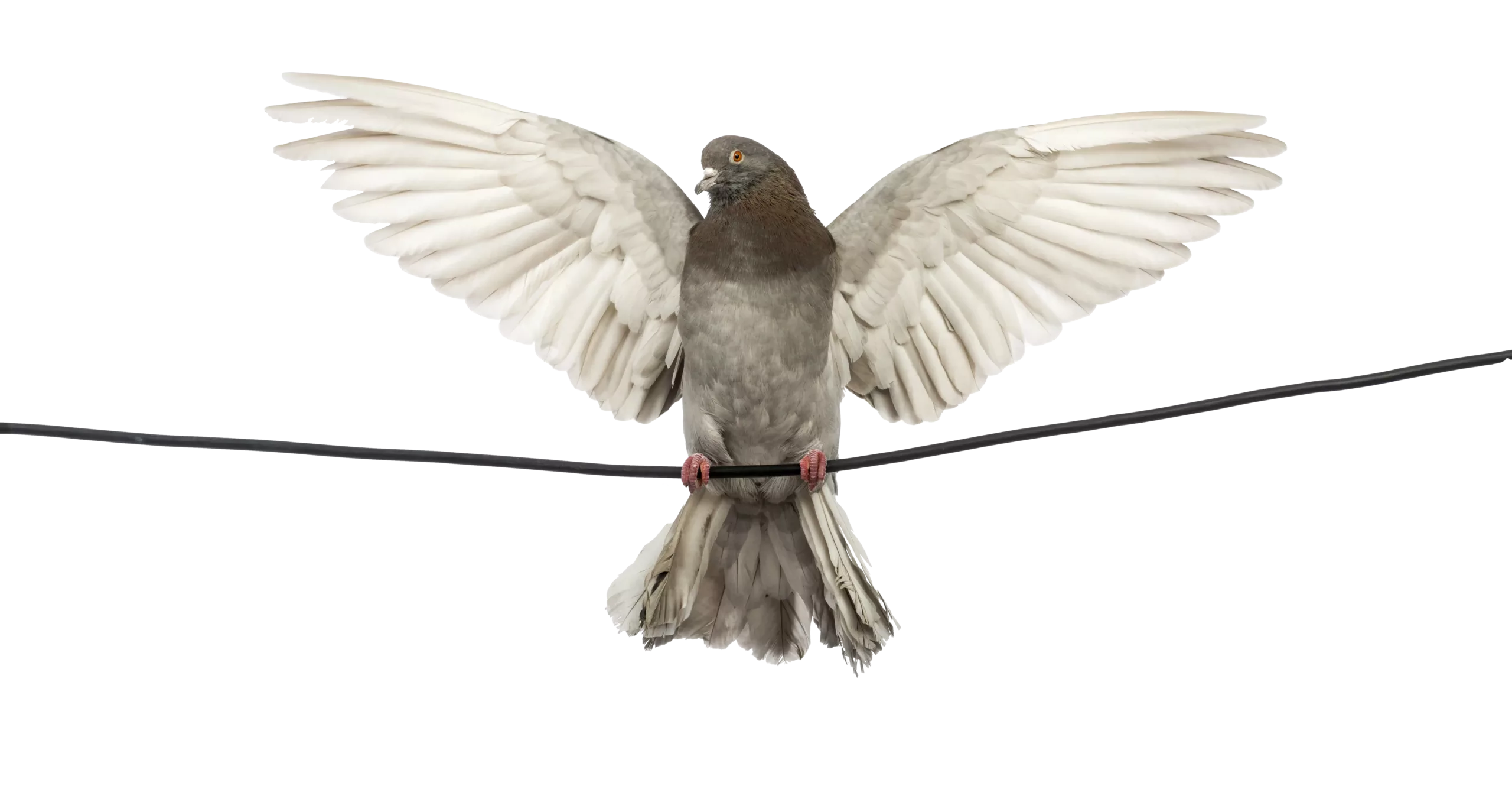
Why It’s Important to Protect Bird Nests
Bird nests are more than just a cozy place for birds to lay their eggs. They’re also a crucial part of the ecosystem, providing shelter and protection for birds and their offspring. In addition, birds play an important role in controlling insect populations and pollinating plants. By protecting bird nests, you’re not only helping to ensure the survival of these feathered friends but also contributing to a healthy and balanced ecosystem.
How to Identify Bird Nests
Identifying bird nests can be a fun and rewarding activity for nature lovers. Here are some tips on how to identify bird nests:
Common Bird Species That Build Nests in Your Backyard
Different bird species have unique nesting habits. Here are some common bird species that build nests in your backyard:
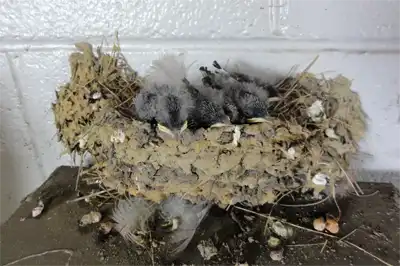
What to Do If You Find a Bird Nest
If you do come across a bird nest in your yard or garden, it’s important to take the necessary steps to ensure the safety of the nesting birds. Here are some tips on what to do if you find a bird nest:
Observe From a Distance
The first thing you should do is observe the nest from a safe distance. This will give you a chance to see if there are any adult birds tending to the nest or if there are any eggs or baby birds inside.
Don’t Disturb the Nest
It’s important not to disturb the nest or its contents. This means avoiding any unnecessary noise or movement near the nest. In addition, you should avoid touching the nest or its contents as this could cause damage or harm to the birds.
Keep Pets Away
If you have pets, it’s important to keep them away from the nest. Dogs and cats can be a danger to nesting birds and their offspring. You should also keep your pets indoors or on a leash when they’re outside to prevent them from accidentally disturbing the nest.
Avoid Using Pesticides and Chemicals Near the Nest
Using pesticides or other chemicals near the nest can be harmful to the birds and their offspring. It’s important to avoid using these products in the vicinity of the nest to prevent any potential harm to the birds.
How to Create a Safe Habitat for Nesting Birds
If you want to create a safe habitat for nesting birds in your yard or garden, there are several things you can do. Here are some tips:
Provide a Source of Water
Birds need water to survive, and providing a source of water can attract them to your yard or garden. You can set up a bird bath or a small pond to provide a source of water for birds.
Plant Native Trees and Shrubs
Native trees and shrubs provide birds with a source of food and shelter. By planting native species in your yard or garden, you can attract a variety of bird species to your property.
Install Nest Boxes
Nest boxes provide birds with a safe and secure place to build their nests. By installing nest boxes in your yard or garden, you can attract a variety of bird species and provide them with a safe place to raise their offspring.
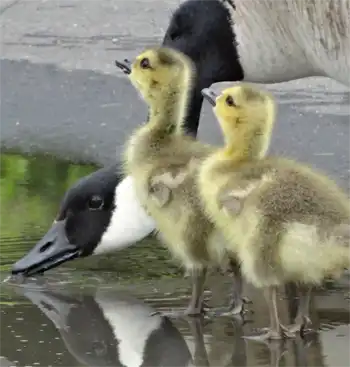
Frequently Asked Questions
If you find baby birds that have fallen out of the nest, you should try to return them to the nest if possible. If you’re unable to do so, you should contact a local wildlife rehabilitation center for assistance.
No, it’s not safe to touch a bird nest. Touching the nest or its contents can cause damage or harm to the birds and their offspring. It’s important to observe the nest from a safe distance and avoid touching it.
No, it’s not recommended to move a bird nest. Birds have a strong attachment to their nests, and moving them can cause stress and harm to the birds and their offspring.
